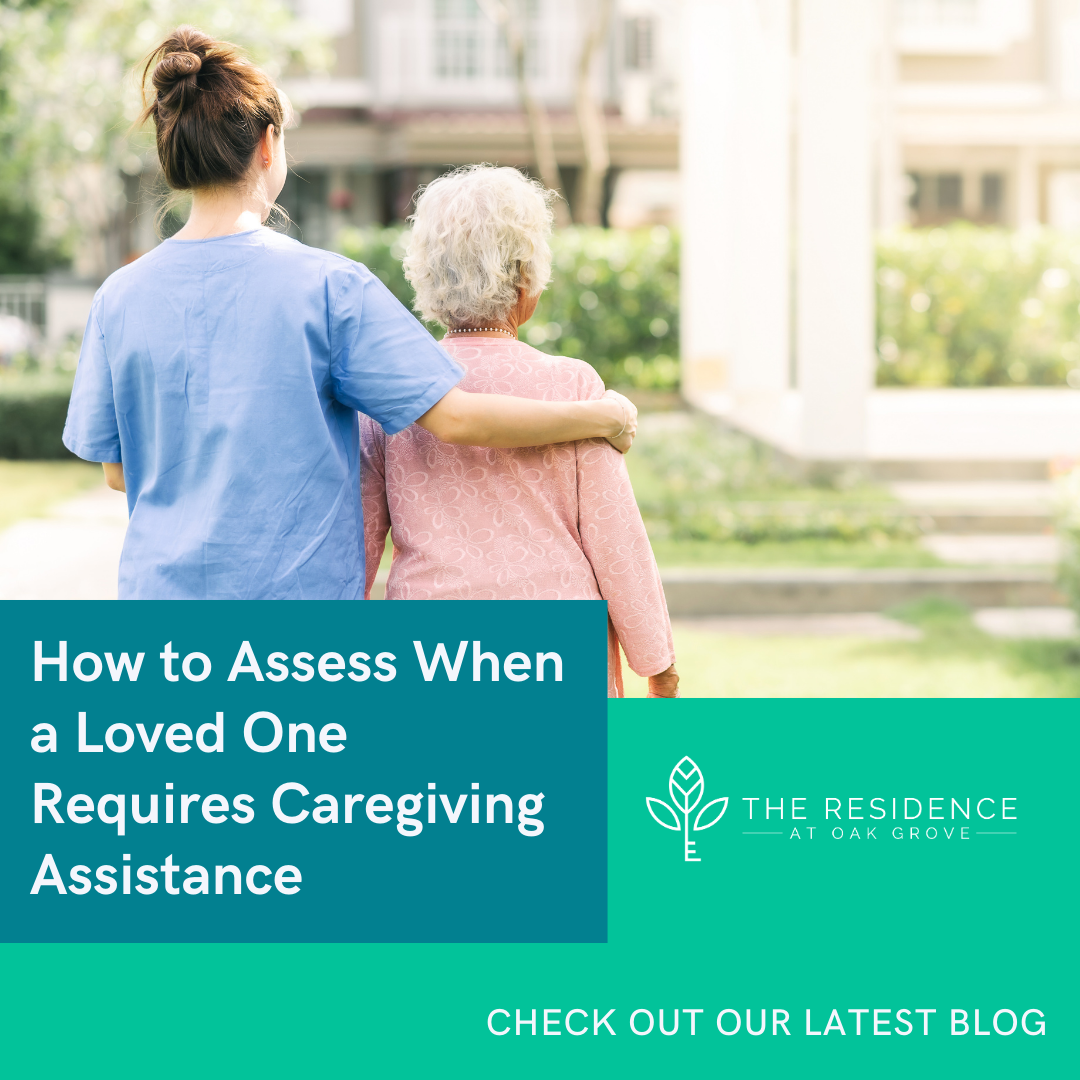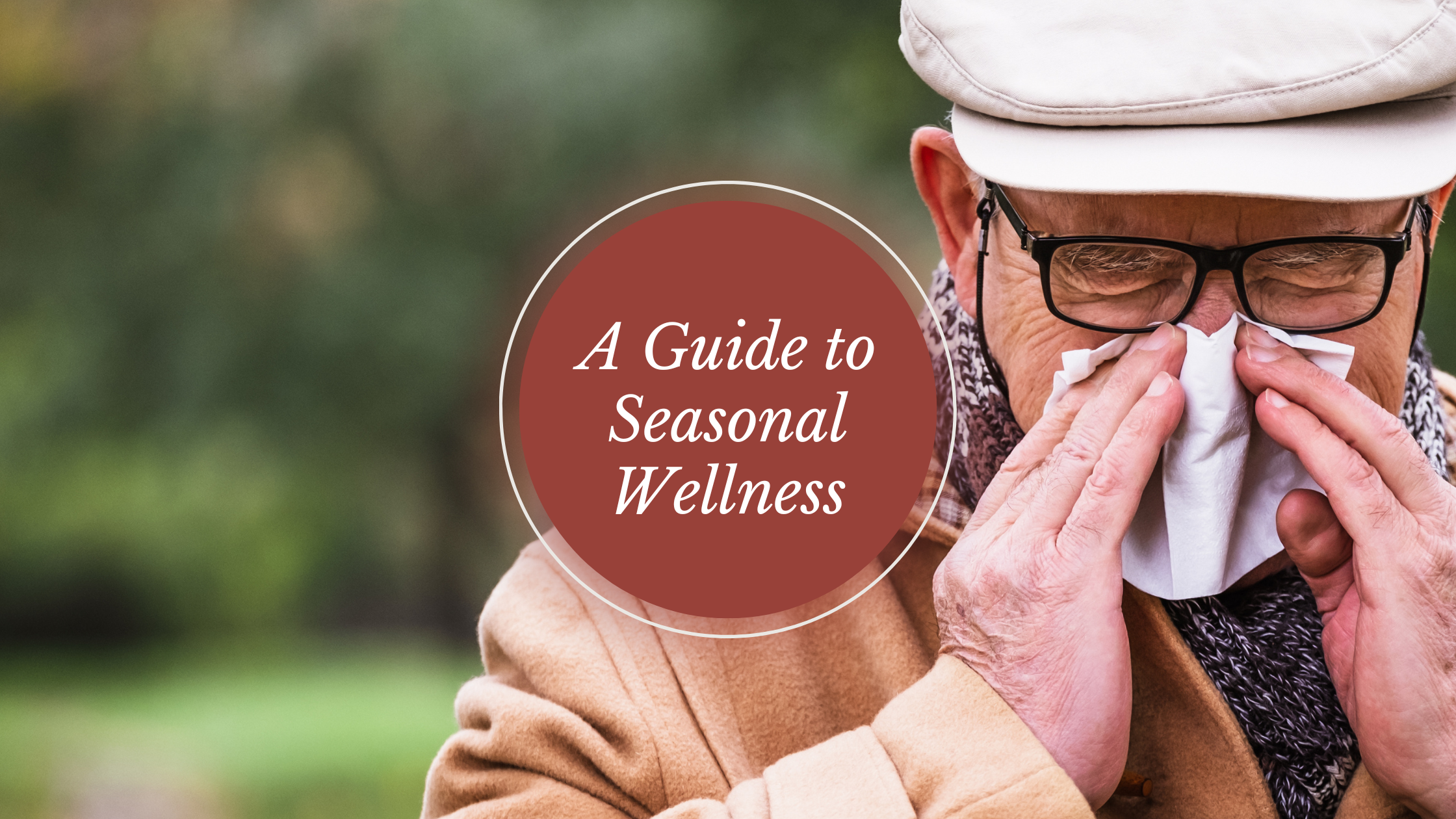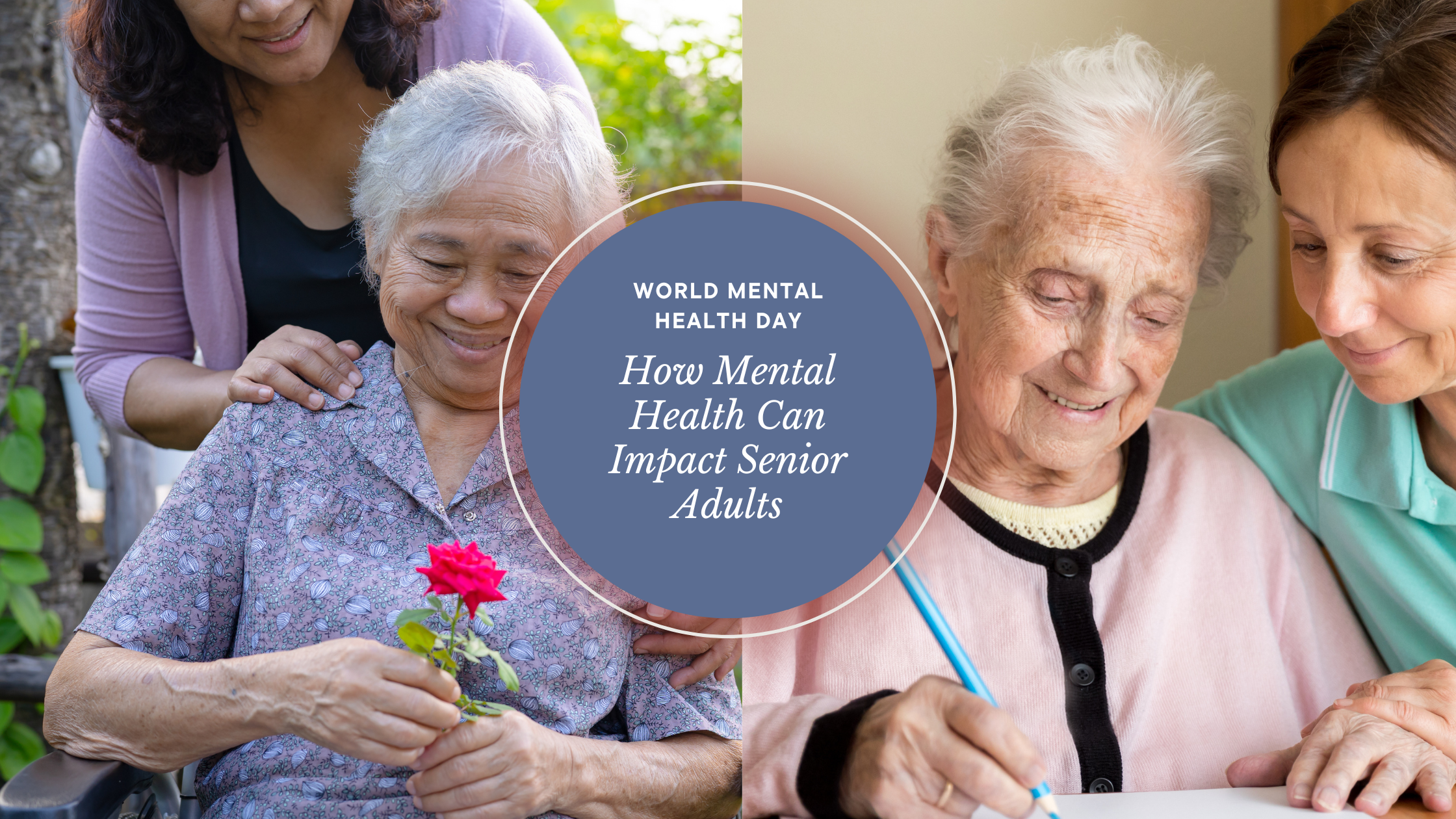As we enter autumn and approach winter, there are lots of opportunities to gather; visit…

On many occasions, it is obvious when a loved one needs additional assistance, but there are some cases where it is not so obvious. These changes tend to happen gradually, which is why they may go unnoticed for an extended period of time. We are going to walk you through how to identify if your loved one can stay in their home alone or if it is time to seek more support.
How is their mobility? Can your loved one still get around his or her home easily? The CDC says more than 1 and 4 in adults have a fall that causes them harm; this increases with age. Be sure to evaluate their living space, scanning for potential fall hazards or other dangers in their home. Can your loved one move around unfamiliar spaces on his or her own? In addition to fall risks, lack of mobility has both physical and psychological effects on the body. Being unable to get around means your loved one is not able to engage with others in new spaces, which is likely to decrease social interaction; this increases the chances of depression.
How are they handling their money? Money matters, especially today with the prices of everything soaring. Look for stacks of unpaid bills, key documents left unattended, and maybe even some uncashed checks. As your loved ones age, it may be difficult for them to handle everything on their own, especially if they are suffering from depression or dementia. Have a conversation about it to see what you can do to help.
How is their mental health? Mental health is so important and can mean so many different things; today we are specifically talking about depression and dementia. Early signs of both can be extremely difficult to notice, especially with dementia as these changes happen gradually. For adults with depression, you may notice that your loved one has had a change in energy levels or increased irritability. Pay close attention to their sleeping and eating habits, as these are also tale-tale signs. For adults with dementia, the most common thing to look for is forgetfulness. Most people associate this with not being able to remember “important” things, but it can also be forgetting they left a pot of water boiling on the stove. Depression and dementia often share signs; talk to your loved ones doctor about the best course of action.
How is their appearance? In many cases, you know that it is time to start looking into care assistance when your loved one’s appearance starts changing. This can be a significant gain or loss of weight; is he or she suddenly wearing the same clothes everyday and not brushing his or her hair? Do they have a series of unexplained bruises? These are all indications that your loved one may not be able to fully take care of themselves anymore.
If any of these sound like something your loved one is experiencing, it is likely time for you to start seeking care assistance. We are here to help. Give us a call today to schedule your tour and see how we can help.



